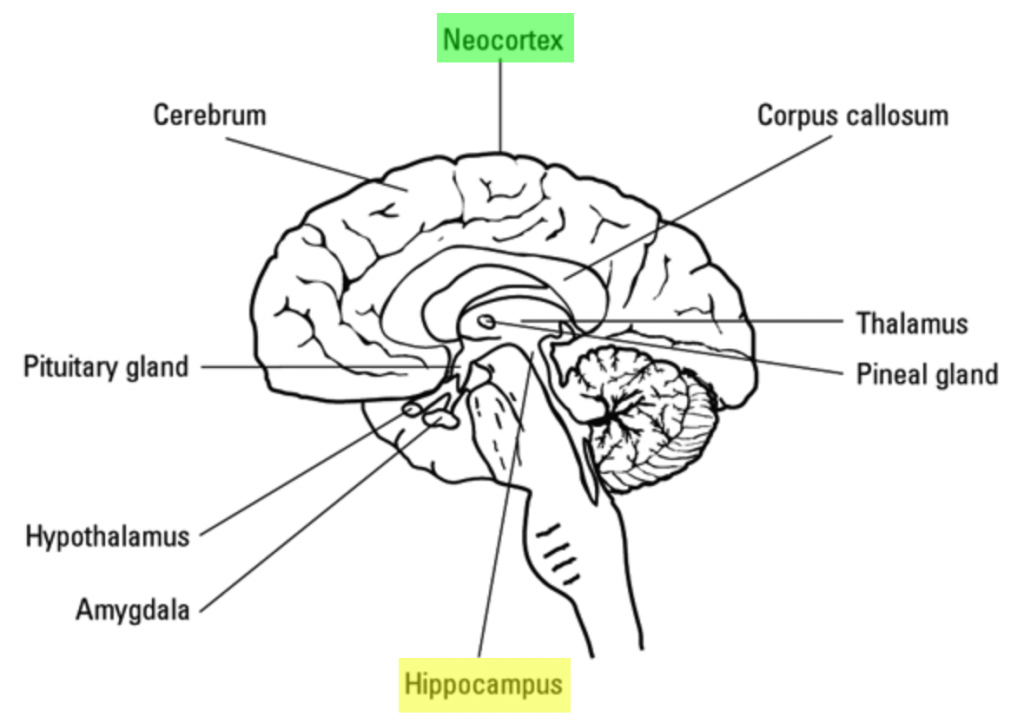October 10, 2023

Have you ever wondered what a dream meant or why you had it? Dreams can be exciting, or terrifying, and often, complicated and confusing. Today, scientists still aren’t sure why we have them, but numerous theories have emerged.
One idea is that we dream to “practice” responding to problems, also known as the “threat simulation theory.” This theory might explain why our dreams often involve stressful events such as forgetting your homework.
Another theory says that dreams play an important role in keeping people asleep. We know that sleep produces a number of benefits for people’s moods and long term health. Scientist Mark Solms theorizes that dreams might allow people to get the sleep they need.
More recent advancements suggest that dreams could serve to organize our thoughts and memories. Scientists in Germany proved this while studying the electrical signals in the brains of sleeping mice. As the mice slept, the scientists found bursts of electricity in two sections of the brain: the neocortex, which controls thoughts, and the hippocampus, which controls memory.

However, some scientists still think we dream for no reason at all. The “activation synthesis theory” says our dreams are random firings from memories, thoughts, and images within the brain. Supporters of this theory say that dreams do not provide advantages and have no hidden meanings; they just happen while we sleep!

Regardless of why we dream, scientists agree that dreams have many benefits. They could help people solve complex problems and have long been considered inspirational sources.
